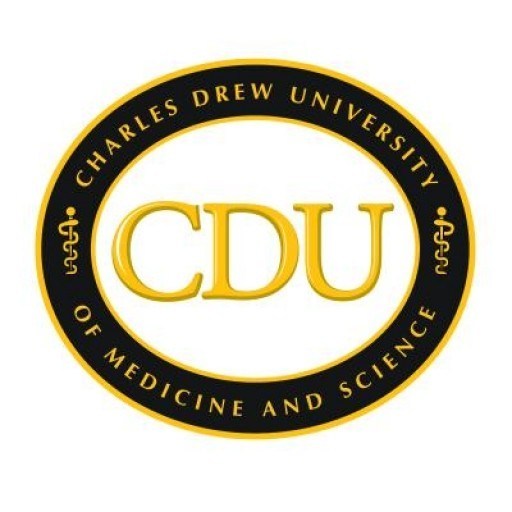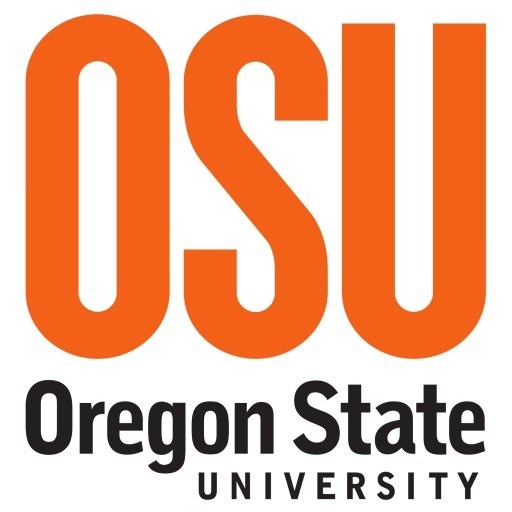Photos of university / #newcastleuni
Program Description:
The BSc (Hons) in Physical Sciences and Engineering at Newcastle University Medicine Malaysia offers students a comprehensive education in the fundamental principles of physics and engineering, preparing them for a wide range of careers in science, technology, and industry. The programme is designed to develop students’ analytical, problem-solving, and practical skills through a blend of theoretical studies and hands-on laboratory work. Students will explore core topics such as classical mechanics, thermodynamics, electromagnetism, materials science, and electrical engineering, gaining a solid grounding in both physics and engineering disciplines. The programme also emphasizes the development of research capabilities, critical thinking, and communication skills, enabling graduates to contribute effectively to technological innovation and scientific advancement.
Throughout the programme, students benefit from access to state-of-the-art laboratory facilities and industry-relevant projects, fostering an experiential learning environment. The curriculum is structured to provide a balanced mix of lectures, tutorials, laboratory sessions, and project work, ensuring that students acquire both theoretical understanding and practical application skills. Students are encouraged to undertake individual and group projects that simulate real-world engineering challenges, preparing them for professional practice or further research. The programme also provides opportunities for placements, internships, and collaboration with industry partners, helping students build professional networks and gain valuable insight into the engineering sector.
Graduates of this programme will be equipped with the technical knowledge and skills necessary for careers in engineering consultancy, research and development, manufacturing, electronics, energy sectors, and more. They will also be well-prepared for postgraduate study in physics, engineering, or related fields. The programme’s strong emphasis on interdisciplinary learning reflects the evolving nature of science and engineering disciplines, fostering adaptable and innovative graduates capable of addressing complex technological problems. With its focus on both fundamental science and applied engineering, the BSc (Hons) in Physical Sciences and Engineering at Newcastle University Medicine Malaysia provides an excellent platform for students aspiring to make a significant impact in scientific and technological fields.
Detailed Course Facts
Application deadline We're happy to accept students right up to when our courses begin, as long as there are places available Tuition fee- GBP 15900 Year (EEA)
- GBP 15900 Year (Non-EEA)
Tuition fees do not include:
- enrolment fee - an additional charge of £150 per academic programme (to be charged upon confirmation) ;
- text books - an additional charge in the region of £180 per academic course (3 terms), £240 per academic course (4 terms) ;
- lab fee - an additional £350 per year fee to cover the use of laboratory facilities (only applicable to science-based courses)
- English
Course Content
You will study the following modules:
English for Academic Purposes
- Four key skill areas are covered: reading, writing, listening and speaking. The aim is to prepare you to be able to operate successfully in an undergraduate study environment.
Study Skills and IT
- The skills covered will include: personal and time organisation, library and information skills, using and interpreting data, team working skills, problem solving skills, examination and revision techniques, presentation skills and avoiding plagiarism. You'll also learn core ICT (Information Communication Technology) skills.
Mathematics for Physical Sciences and Engineering
- This module is designed to develop your competence in several important areas of mathematics: algebra, geometry and numerical methods. Part two goes on to cover trigonometry, calculus, differentiation and integration.
Foundation Physics
- This module builds on basic physics knowledge to develop the descriptive and mathematical understanding of the physical principles required for studying physical sciences and engineering at higher levels.
Foundation Chemistry
- This module develops the concepts in physical, inorganic and organic chemistry.
Principles of Computing
- This module provides a foundation knowledge and understanding of a range of computing skills. It enables you to develop skills for planning and designing systems and/or software.
How will I be assessed?
Entry to all honours degrees at Newcastle University is highly competitive, and students hoping to progress to Newcastle must maintain high standards throughout their programme.
Whilst your grades in the Foundation programme do not count towards the final degree, your performance will be used to determine whether you meet the specified progression grades for direct entry to your chosen degree at the University. Assessment is both formal and informal.
Informally you will be given advice and feedback throughout your programme from your teachers. You will also be assessed via a combination of examinations at the end of each semester and coursework including
- written essays
- reports
- field notebooks
- practical exercises
- group and individual research projects
- bibliographical searches
- oral and video presentations
- problem solving
Audience
If you have completed secondary school education in your home country, the International Foundation programme provides academic preparation for first year entry and ensures that you meet the minimum English language requirement for entry to your chosen undergraduate degree programme. In some circumstances you may be able to enrol on the Foundation programme in order to change your specialist subject.
Requirements
Academic requirements:
You need to have completed 12 years of schooling (or the local equivalent to meet the same standard) with very good grades.
For information about country-specific entry requirements please contact us.
English requirements:
Four term: a minimum of IELTS 5.0 (with a minimum of 4.5 in all subskills) or an equivalent score
Three term: a minimum of IELTS 5.5 (with a minimum of 5.0 in all subskills) or an equivalent score
We can also accept Pearson (PTE). Please contact us for further details.
Students who have achieved a minimum of IELTS 5.5 overall but have less than IELTS 5.0 in one or more sub-skills will be evaluated on a case by case basis.
If you do not meet the minimum English language requirements you should apply for English for University Study.
Age
17 years and above
All students commencing courses on a published September start date must be 17 years old by 31st December of that calendar year. For all other start dates, students must be 17 years old on the published start date of the course.
Work Experience
No work experience is required.
Related Scholarships*
- Academic Excellence Scholarship
"The Academic Excellence Scholarship can provide up to a 50 % reduction in tuition per semester. These scholarships will be renewed if the student maintains superior academic performance during each semester of their 3-year Bachelor programme. The scholarship will be directly applied to the student’s tuition fees."
- Access Bursary
Bursary for UK students all subjects where the variable tuition fee rate is payable.
- Alumni Bursary
Alumni Bursary for UK Undergraduate students
* The scholarships shown on this page are suggestions first and foremost. They could be offered by other organisations than Newcastle University.
Funding
Scholarships
High achievement is important to INTO and its students. We reward the academic success of the best students and in 2010 gave over £1m in scholarships that helped fund their studies.
If you have a strong academic record you will have the opportunity to apply for an INTO scholarship. These recognise those that have worked hard to join us and have the potential to go on to study at the highest levels. Every study centre offers scholarships and each application is considered with great care.
The Physical Sciences and Engineering program at Newcastle University Medicine Malaysia offers students a comprehensive education in fundamental scientific principles and engineering practices. The program is designed to equip students with both theoretical knowledge and practical skills necessary to excel in various fields within physical sciences and engineering industries. Students will explore core areas such as physics, chemistry, materials science, and electrical engineering, gaining a deep understanding of the scientific concepts that underpin modern technological developments.
The curriculum emphasizes hands-on laboratory work, enabling students to apply theoretical concepts to real-world problems. Through well-equipped laboratories and research projects, students develop critical thinking, analytical skills, and problem-solving abilities. The program also encourages interdisciplinary approaches, highlighting the linkages between physical science principles and engineering applications, which prepares graduates to work in a range of sectors including manufacturing, energy, aerospace, and biomedical engineering.
Students benefit from state-of-the-art facilities and experienced faculty members who are actively involved in research and industry collaborations. The program incorporates contemporary topics such as renewable energy technologies, nanotechnology, and advanced material development, aligning with current technological trends and industry needs. In addition to technical training, the program provides opportunities in communication, teamwork, and project management, essential skills for successful careers.
Graduates of the Physical Sciences and Engineering program are well-positioned to pursue further academic research at master’s or doctoral levels or to enter the workforce directly in roles requiring high-level technical expertise. The program also encourages participation in internships, industrial placements, and international exchanges, broadening students’ global perspective and enhancing employability. Overall, this program aims to produce versatile graduates capable of contributing to scientific innovation and technological advancement locally and globally.









